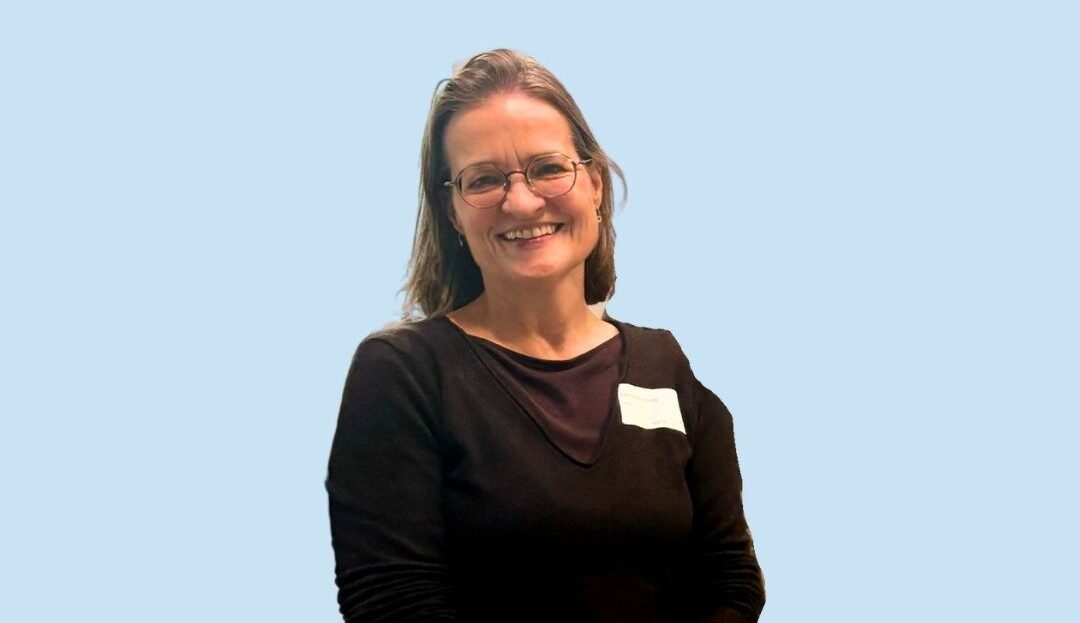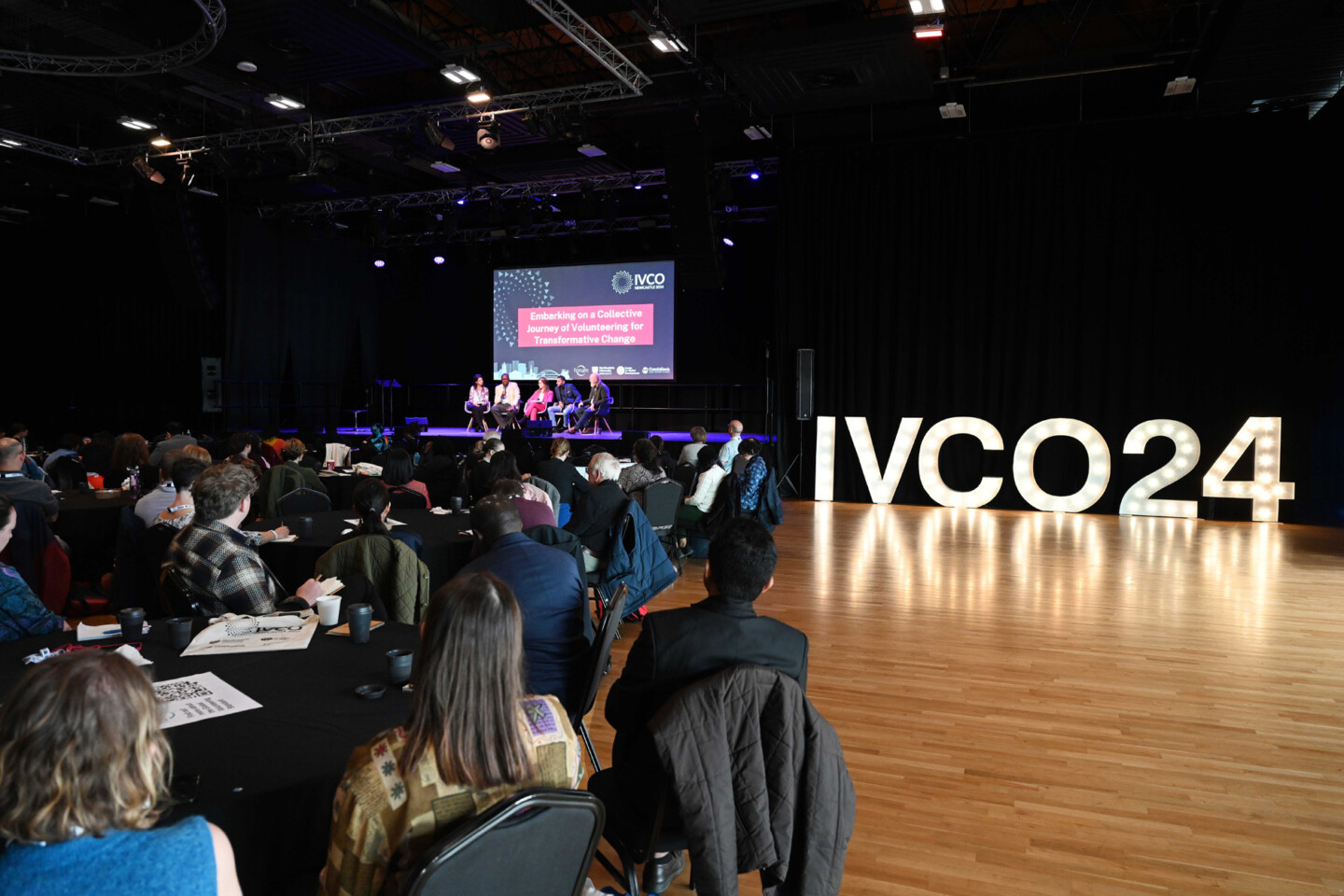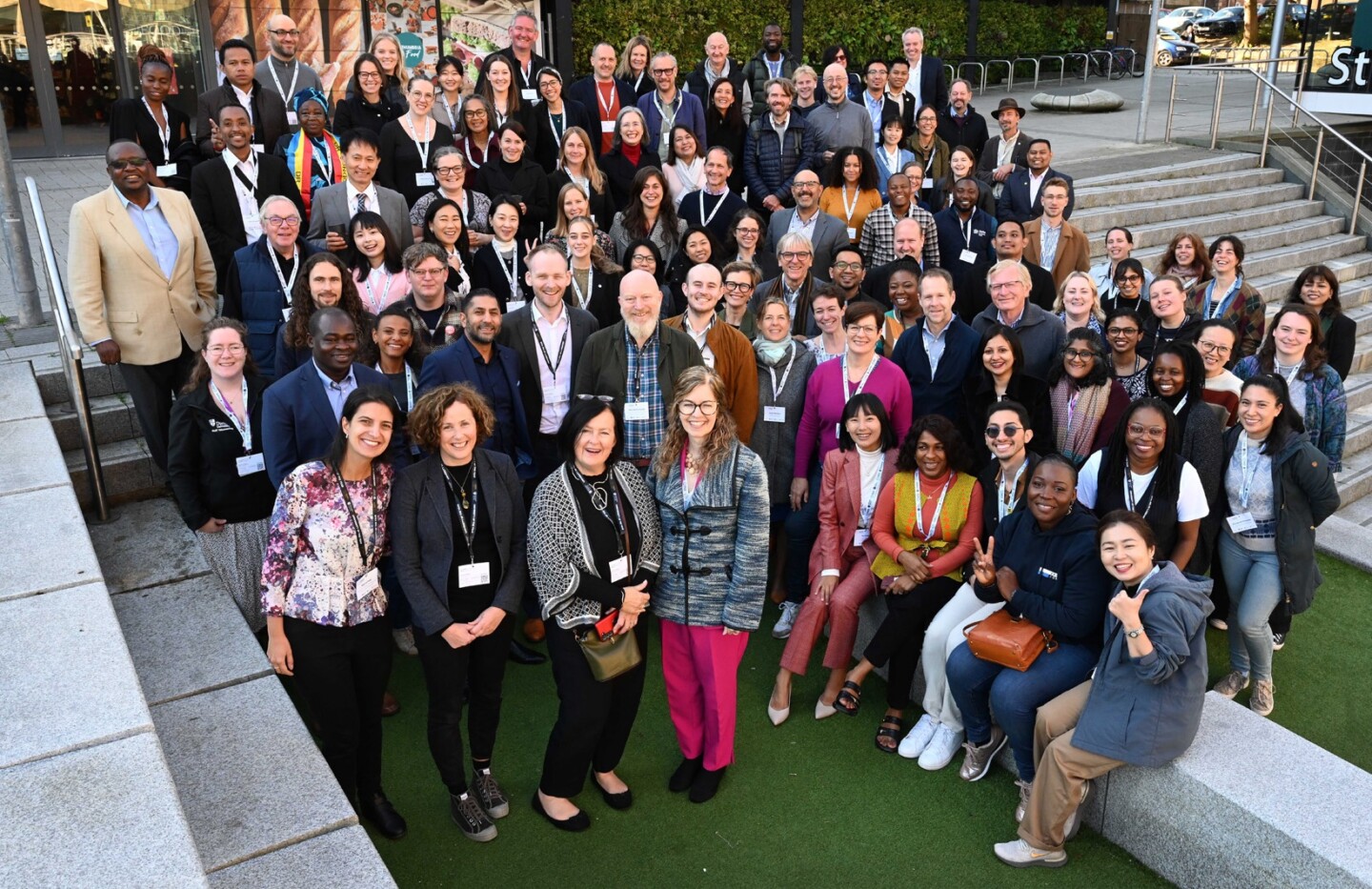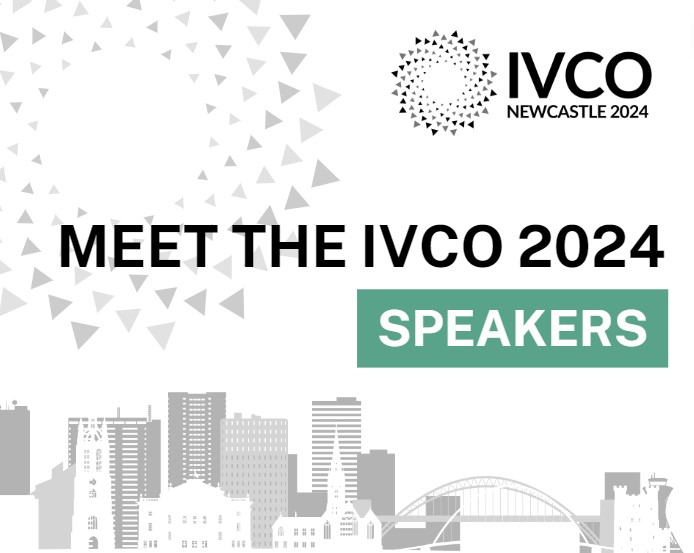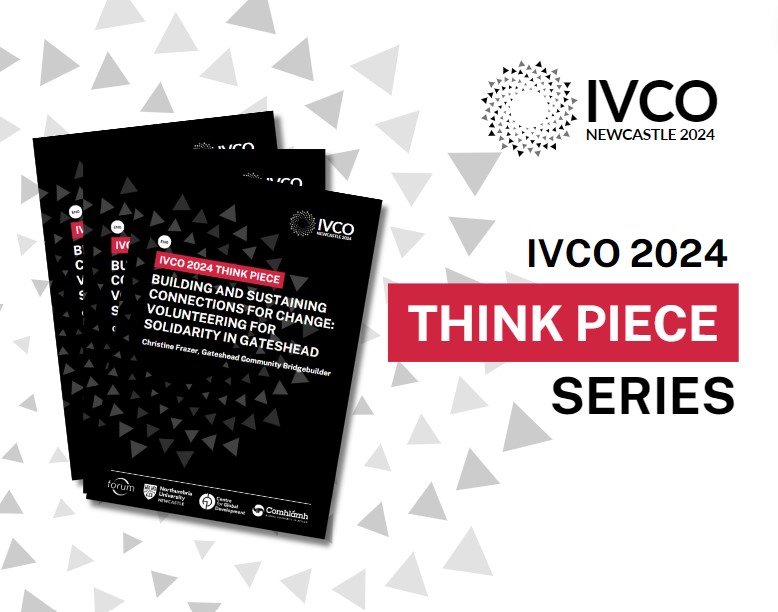Continuing our new series of interviews with influential Forum leaders and IVCO delegates.
This week we met with Christina Schulte, CEO of VIA e.V., the Association for International and Intercultural Exchange in Germany.
Founded in 1992, VIA e.V. has grown to collaborate with partners worldwide on a variety of programs thanks to its unwavering enthusiasm for intercultural contact and mutual learning. Christina gives us an insight into what makes VIA e.V. and the team so successful.
Tell us a little about VIA e.V. and your management role.
VIA e.V., the Association for International and Intercultural Exchange, was founded in Germany in 1992. We organise stays abroad that provide intensive insights into the living and working environments of other countries and communities. Every year, we send around 400 young adults to placements around the world via subsidised long-term volunteer services and we host around 80 volunteers from all over the world in German placements.
In this way, we want to contribute to a world of solidarity, justice and peace. An important part of our work is the intensive educational support we provide for volunteers. We are a member of the umbrella organisation AKLHÜ, which campaigns for better framework conditions for international services and strengthens partnerships based on solidarity worldwide.
I have worked at VIA for 27 years. I started with a European exchange programme, was then Head of Education and became CEO in 2012.
Do you think the practice of volunteering has changed in Germany over the past 10 years? In what way?
We are noticing a change in the evaluation of the services: It used to be more of a ‘gap filler’ if young people didn’t know exactly what they wanted to do after school. At the same time, there was an attitude that volunteers could ‘help’ a lot on site.
Now we are more self-confident and know that this gap year is much more than just a gap filler, that it provides participants with many soft and hard skills. That’s why we also call our programmes educational services. We know that participants in international voluntary services are more resilient, more mobile and more active in terms of social and political engagement after their service. We can confidently say that international volunteer services promote civil society and democracy.
And at the same time, we have become more sensitive in terms of genuine equal partnerships, genuine exchange – for example, civil society in Germany has also contributed greatly to the fact that, in addition to the sending programme, there is also an incoming programme co-financed by the German Development Ministry BMZ, which enables young adults from the Global South to do voluntary services in Germany.
We are also increasingly scrutinising the power differences between the partners in the design of the service and are working with our partners to dismantle colonial and post-colonial structures and attitudes. This is also a major concern of our umbrella organisation, the AKLHÜ and its CEO Whitney Akowuah.
My work is also becoming more and more political, not party-political but socio-political, because the question of how much money, including taxpayers’ money, we want to spend on education and global understanding and justice, or on other things, are political decisions. With our umbrella organisation, we are currently fighting for the right to do voluntary service and against the compulsory social year.
What attracted you to work with a volunteering-in-development-focused organisation?
The opportunity to accompany and support young people in such an important step from school to ‘life’. The young adults are thus strengthened and empowered for the rest of their lives and are more aware of global injustices, which has an impact on their everyday actions. At the same time, I can help shape global partnerships, promote mutual learning from one another and learn so much myself every day.
Currently, what are the most significant challenges volunteer organisations face globally?
The lack of money: In Germany, we are in the comfortable position of having several funded international voluntary service programmes for young adults that cover up to 75% of costs. In reality, however, the funding has not increased at all to the same extent as the costs and many organisations have already had to give up. The willingness to donate is also declining. We are independent of political parties and the economy, which is why it is important for independent educational work that there isstate funding.
The increasingly closed borders and the difficulties in obtaining visas, both for German and international volunteers, are of course major hurdles. No international work without a visa.
If you could say anything to world leaders about the value of volunteering and its role in strengthening civil society, what would it be?
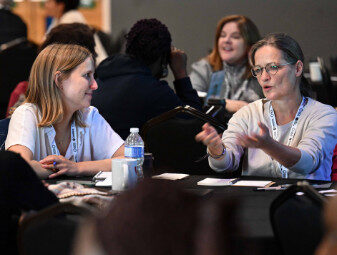
A strong civil society needs independent thinking, needs different opinions and positions that struggle respectfully AND controversially for the best solutions. Not only recognising, but also tolerating differences and, in the best case, making use of differences, the importance of protecting minorities – our volunteers learn all this during their year of service, because we train them ‘on the job’ and provide them with intensive educational support.
And I would also like to say to them: invest in what you want to have in the future! If peace and global solidarity is what you want, invest in international volunteering, because that is exactly what strengthens peace and solidarity worldwide.
How has the Forum and IVCO association with VIA e.V. enriched your organisation?
I was very impressed by the immense variety of programmes for and with volunteers. Every organisation, every participant at the conference had slightly different experiences and backgrounds, as well as different conditions for organising voluntary services and volunteering. And they are all so committed and highly competent at the same time. The conference thrives on the fact that everyone wants to share their knowledge and experience and make it accessible to others, regardless of whether they are academics, practitioners or former volunteers. This energy really inspired and motivated me. A global network is very strong – and in view of the global crises and the increasing national and arrogant solo efforts of individual states, we need a counterbalance, a strong global network and solidarity. And that is what we have with the Forum and the IVCO.
Early bird registration for 2025 is available until 1 July for your chance to attend this thought-leading conference for international volunteering, where you will not only build supportive peer networks, but also help shape sectoral policy and advocacy initiatives in the volunteering-in-development sector.
For any questions please email: ivco@forum-ids.org


